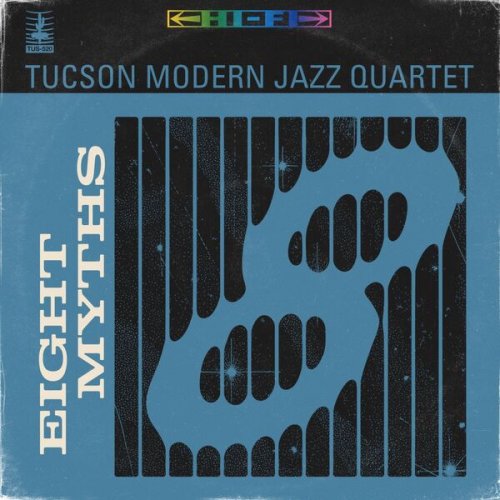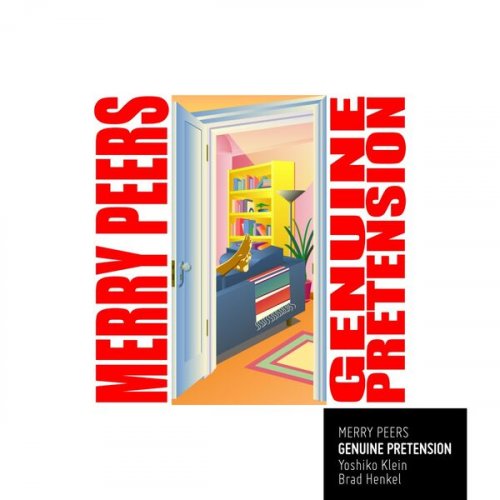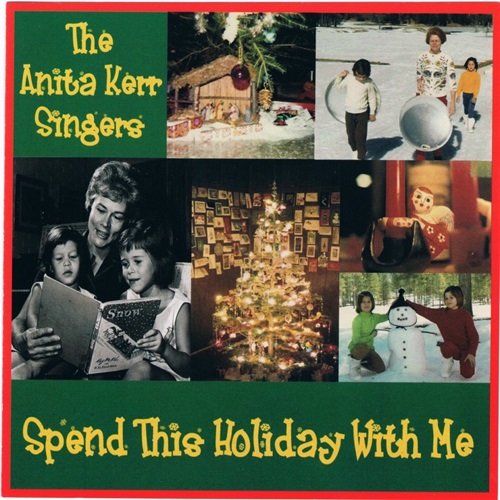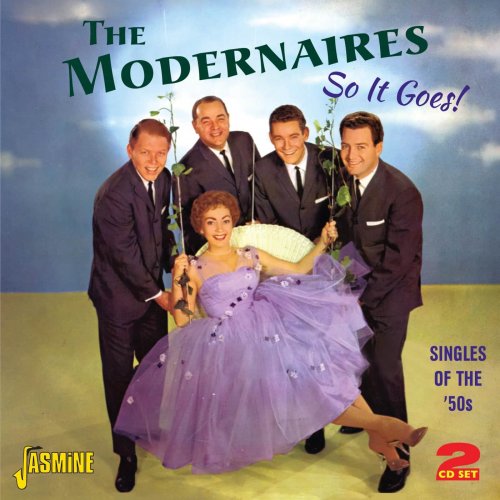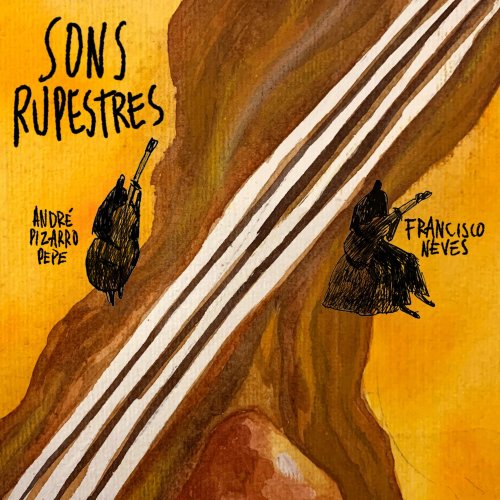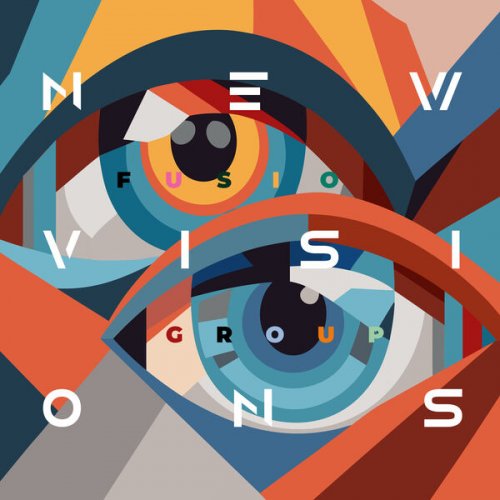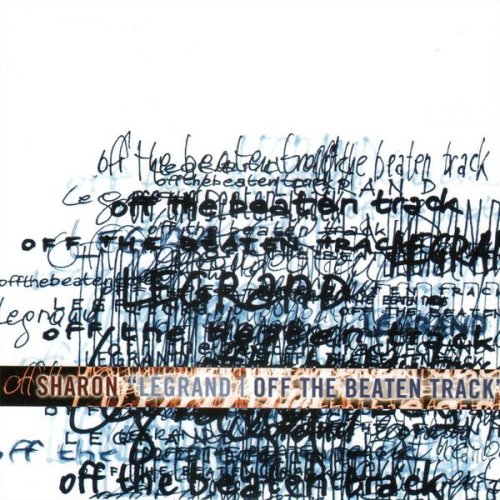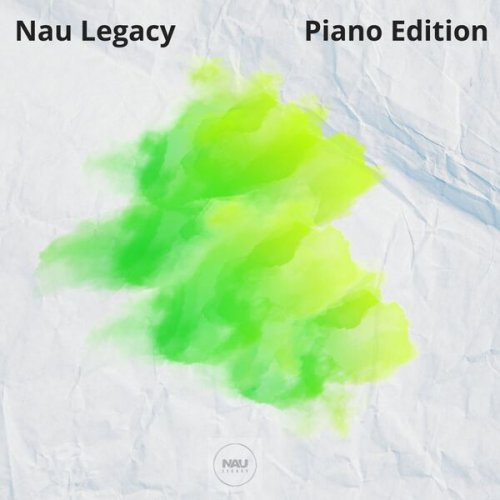Grant Green & Sonny Clark - Complete Blue Note Recordinge (1990)
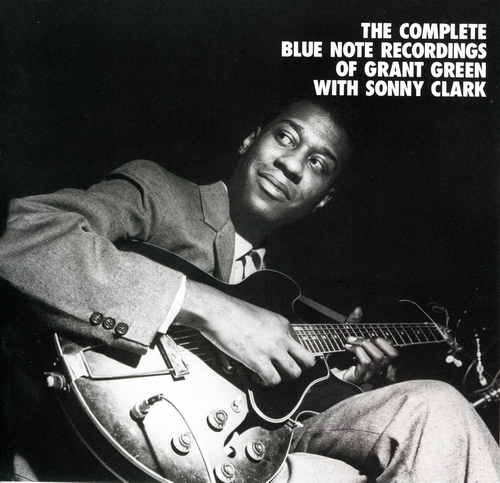
Artist: Grant Green & Sonny Clark
Title: Complete Blue Note Recordinge
Year Of Release: 1990
Label: Mosaic Records – MD4-133
Genre: Bop, Hard Bop, Post-Bop, Soul Jazz
Quality: FLAC (tracks+.cue,scans,log)
Total Time: 206:35
Total Size: 1.39 GB
WebSite: Album Preview
Tracklist:Title: Complete Blue Note Recordinge
Year Of Release: 1990
Label: Mosaic Records – MD4-133
Genre: Bop, Hard Bop, Post-Bop, Soul Jazz
Quality: FLAC (tracks+.cue,scans,log)
Total Time: 206:35
Total Size: 1.39 GB
WebSite: Album Preview
Disc 1
1 Moon River
2 On Green Dolphin Street
3 What Is This Thing Called Love
4 Count Every Star
5 Shadrack
6 Gooden's Corner
7 Two for One
Disc 2
1 Airegin
2 Airegin
3 Nancy
4 I Concentrate on You
5 The Things We Did Last Summer
6 The Song Is You
7 It Ain't Necessarily So
Disc 3
1 My Favorite Things
2 Hip Funk
3 Oleons
4 Oleo
5 Little Girl Blue
6 Tune Up
Disc 4
1 Someday My Prince Will Come
2 If I Should Lose You
3 My One and Only Love
4 Back in Your Own Backyard
5 Born to Be Blue
6 Born to Be Blue
7 Cool Blues
8 Outer Space
9 Grenada
10 Hey There
Original sessions produced by Alfred Lion
Produced for release by Michael Cuscuna
Executive producer Charlie Lourie
Recording Engineer Rudy Van Gelder
Digital transfers and mastering by Ron McMaster
On the two January 1962 sessions, the drums are recorded very brightly and just below the threshold of distortion. We have normalized the sound as much as possible without sacrificing the sound of the entire ensemble. What you hear on these portions of this set are not defective pressings. Despite this sonic defect, we feel these neglected sessions deserve wider exposure. .... Michael Cuscuna
Review by Scott Yanow
Guitarist Grant Green and pianist Sonny Clark recorded together on five separate occasions during the 1961-1962 period, but virtually none of the music was released domestically until decades later. These performances were clearly lost in the shuffle, for the solos are of a consistently high quality, and the programs were well-paced and swinging. Now, the long-lost music (much of which had been previously available only in Japan) is saved for posterity on this Mosaic limited-edition four-CD box set. Green and Clark blend together well. Tenor saxophonist Ike Quebec joins their quartet for one session, and the final two numbers add Latin percussion. All of this music should be enjoyed by hard bop fans. Included are the Blue Note albums Gooden's Corner, Nigeria, Oleo, Born to Be Blue (with Ike Quebec), and unissued tracks.
Biography by Michael Erlewine and Ron Wynn
Grant Green was born in St. Louis on June 6, 1931, learned his instrument in grade school from his guitar-playing father and was playing professionally by the age of thirteen with a gospel group. He worked gigs in his home town and in East St. Louis, IL, until he moved to New York in 1960 at the suggestion of Lou Donaldson. Green told Dan Morgenstern in a Down Beat interview: "The first thing I learned to play was boogie-woogie. Then I had to do a lot of rock & roll. It's all blues, anyhow."
His extensive foundation in R&B combined with a mastery of bebop and simplicity that put expressiveness ahead of technical expertise. Green was a superb blues interpreter, and his later material was predominantly blues and R&B, though he was also a wondrous ballad and standards soloist. He was a particular admirer of Charlie Parker, and his phrasing often reflected it. Green played in the '50s with Jimmy Forrest, Harry Edison, and Lou Donaldson.
He also collaborated with many organists, among them Brother Jack McDuff, Sam Lazar, Baby Face Willette, Gloria Coleman, Big John Patton, and Larry Young. During the early '60s, both his fluid, tasteful playing in organ/guitar/drum combos and his other dates for Blue Note established Green as a star, though he seldom got the critical respect given other players. He was off the scene for a bit in the mid-'60s, but came back strong in the late '60s and '70s. Green played with Stanley Turrentine, Dave Bailey, Yusef Lateef, Joe Henderson, Hank Mobley, Herbie Hancock, McCoy Tyner, and Elvin Jones.
Sadly, drug problems interrupted his career in the '60s, and undoubtedly contributed to the illness he suffered in the late '70s. Green was hospitalized in 1978 and died a year later. Despite some rather uneven LPs near the end of his career, the great body of his work represents marvelous soul-jazz, bebop, and blues.
A severely underrated player during his lifetime, Grant Green is one of the great unsung heroes of jazz guitar. Like Stanley Turrentine, he tends to be left out of the books. Although he mentions Charlie Christian and Jimmy Raney as influences, Green always claimed he listened to horn players (Charlie Parker and Miles Davis) and not other guitar players, and it shows. No other player has this kind of single-note linearity (he avoids chordal playing). There is very little of the intellectual element in Green's playing, and his technique is always at the service of his music. And it is music, plain and simple, that makes Green unique.
Green's playing is immediately recognizable — perhaps more than any other guitarist. Green has been almost systematically ignored by jazz buffs with a bent to the cool side, and he has only recently begun to be appreciated for his incredible musicality. Perhaps no guitarist has ever handled standards and ballads with the brilliance of Grant Green. Mosaic, the nation's premier jazz reissue label, issued a wonderful collection The Complete Blue Note Recordings with Sonny Clark, featuring prime early '60s Green albums plus unissued tracks. Some of the finest examples of Green's work can be found there.
Biography by Thom Jurek
Like Fats Navarro and Charlie Parker before him, Sonny Clark's life was short but it burned with musical intensity. Influenced deeply by Bud Powell, Clark nonetheless developed an intricate and hard-swinging harmonic sensibility that was full of nuance and detail. Regarded as the quintessential hard bop pianist, Clark never got his due before he passed away in 1963 at the age of 31, despite the fact that it can be argued that he never played a bad recording date either as a sideman or as a leader. Known mainly for seven records on the Blue Note label with a host of players including such luminaries as John Coltrane, Art Farmer, Donald Byrd, Jackie McLean, Hank Mobley, Art Taylor, Paul Chambers, Wilbur Ware, Philly Joe Jones, and others, Clark actually made his recording debut with Teddy Charles and Wardell Gray, but left soon after to join Buddy DeFranco. His work with the great clarinetist has been documented in full in a Mosaic set that is now sadly out of print. Clark also backed Dinah Washington, Serge Chaloff, and Sonny Criss before assuming his role as a leader in 1957. Clark's classic is regarded as Cool Struttin' but each date he led on Blue Note qualifies as a classic, including his final date, Sonny's Crib with John Coltrane. And though commercial success always eluded him, he was in demand as a sideman and played dozens of Alfred Lion-produced dates, including Tina Brooks' Minor Move. Luckily, Clark's contribution is well documented by Alfred Lion; he has achieved far more critical, musical, and popular acclaim than he ever did in life.
My note: I am unable at the present time to reproduce the box and the big book. The music is the important thing here, after all.
Review by Scott Yanow
Guitarist Grant Green and pianist Sonny Clark recorded together on five separate occasions during the 1961-1962 period, but virtually none of the music was released domestically until decades later. These performances were clearly lost in the shuffle, for the solos are of a consistently high quality, and the programs were well-paced and swinging. Now, the long-lost music (much of which had been previously available only in Japan) is saved for posterity on this Mosaic limited-edition four-CD box set. Green and Clark blend together well. Tenor saxophonist Ike Quebec joins their quartet for one session, and the final two numbers add Latin percussion. All of this music should be enjoyed by hard bop fans. Included are the Blue Note albums Gooden's Corner, Nigeria, Oleo, Born to Be Blue (with Ike Quebec), and unissued tracks.
Biography by Michael Erlewine and Ron Wynn
Grant Green was born in St. Louis on June 6, 1931, learned his instrument in grade school from his guitar-playing father and was playing professionally by the age of thirteen with a gospel group. He worked gigs in his home town and in East St. Louis, IL, until he moved to New York in 1960 at the suggestion of Lou Donaldson. Green told Dan Morgenstern in a Down Beat interview: "The first thing I learned to play was boogie-woogie. Then I had to do a lot of rock & roll. It's all blues, anyhow."
His extensive foundation in R&B combined with a mastery of bebop and simplicity that put expressiveness ahead of technical expertise. Green was a superb blues interpreter, and his later material was predominantly blues and R&B, though he was also a wondrous ballad and standards soloist. He was a particular admirer of Charlie Parker, and his phrasing often reflected it. Green played in the '50s with Jimmy Forrest, Harry Edison, and Lou Donaldson.
He also collaborated with many organists, among them Brother Jack McDuff, Sam Lazar, Baby Face Willette, Gloria Coleman, Big John Patton, and Larry Young. During the early '60s, both his fluid, tasteful playing in organ/guitar/drum combos and his other dates for Blue Note established Green as a star, though he seldom got the critical respect given other players. He was off the scene for a bit in the mid-'60s, but came back strong in the late '60s and '70s. Green played with Stanley Turrentine, Dave Bailey, Yusef Lateef, Joe Henderson, Hank Mobley, Herbie Hancock, McCoy Tyner, and Elvin Jones.
Sadly, drug problems interrupted his career in the '60s, and undoubtedly contributed to the illness he suffered in the late '70s. Green was hospitalized in 1978 and died a year later. Despite some rather uneven LPs near the end of his career, the great body of his work represents marvelous soul-jazz, bebop, and blues.
A severely underrated player during his lifetime, Grant Green is one of the great unsung heroes of jazz guitar. Like Stanley Turrentine, he tends to be left out of the books. Although he mentions Charlie Christian and Jimmy Raney as influences, Green always claimed he listened to horn players (Charlie Parker and Miles Davis) and not other guitar players, and it shows. No other player has this kind of single-note linearity (he avoids chordal playing). There is very little of the intellectual element in Green's playing, and his technique is always at the service of his music. And it is music, plain and simple, that makes Green unique.
Green's playing is immediately recognizable — perhaps more than any other guitarist. Green has been almost systematically ignored by jazz buffs with a bent to the cool side, and he has only recently begun to be appreciated for his incredible musicality. Perhaps no guitarist has ever handled standards and ballads with the brilliance of Grant Green. Mosaic, the nation's premier jazz reissue label, issued a wonderful collection The Complete Blue Note Recordings with Sonny Clark, featuring prime early '60s Green albums plus unissued tracks. Some of the finest examples of Green's work can be found there.
Biography by Thom Jurek
Like Fats Navarro and Charlie Parker before him, Sonny Clark's life was short but it burned with musical intensity. Influenced deeply by Bud Powell, Clark nonetheless developed an intricate and hard-swinging harmonic sensibility that was full of nuance and detail. Regarded as the quintessential hard bop pianist, Clark never got his due before he passed away in 1963 at the age of 31, despite the fact that it can be argued that he never played a bad recording date either as a sideman or as a leader. Known mainly for seven records on the Blue Note label with a host of players including such luminaries as John Coltrane, Art Farmer, Donald Byrd, Jackie McLean, Hank Mobley, Art Taylor, Paul Chambers, Wilbur Ware, Philly Joe Jones, and others, Clark actually made his recording debut with Teddy Charles and Wardell Gray, but left soon after to join Buddy DeFranco. His work with the great clarinetist has been documented in full in a Mosaic set that is now sadly out of print. Clark also backed Dinah Washington, Serge Chaloff, and Sonny Criss before assuming his role as a leader in 1957. Clark's classic is regarded as Cool Struttin' but each date he led on Blue Note qualifies as a classic, including his final date, Sonny's Crib with John Coltrane. And though commercial success always eluded him, he was in demand as a sideman and played dozens of Alfred Lion-produced dates, including Tina Brooks' Minor Move. Luckily, Clark's contribution is well documented by Alfred Lion; he has achieved far more critical, musical, and popular acclaim than he ever did in life.
My note: I am unable at the present time to reproduce the box and the big book. The music is the important thing here, after all.
